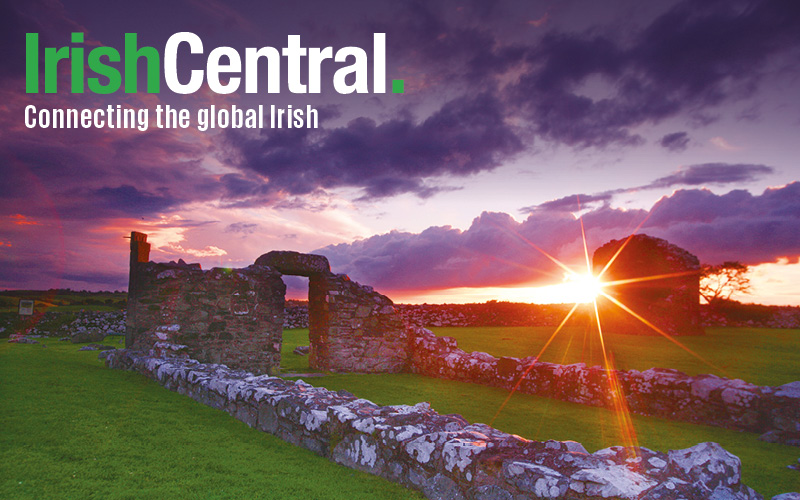When most people think of the Irish diaspora, the 70 million Irish abroad, they instantly think of either the United States or England.
Yet, the Irish diaspora extends worldwide and there are some truly remarkable and unexpected countries that boast of a staggeringly large Irish population.
Perhaps one of the most striking places to find your Irish heritage is Jamaica. Any many, surprisingly, do.
Rob Mullally, of the popular diaspora website The Wild Geese, gives an intriguing account of just exactly how Irish people wound up in Jamaica at an era centuries before the jet age.
It has something - unfortunately - to do with Oliver Cromwell, a man whose mere mention still sends shivers down Irish people’s spines. Cromwell was infamous for suppressing an Irish rebellion with savage and barbaric cruelty. It worked but he quelled the uprising with such violence that he earned himself the reputation as a savage.
It began in the year 1655 when Admiral Penn and General Venables, having failed miserably at taking Santo Domingo in Hispaniola, turned their attention to Jamaica, where the Spanish settlers put up only token resistance.
The settlers then fled to Cuba, freeing many of their African slaves, who took to the hills and became "Maroons," guerrilla fighters who wrote the book on tactics for bush warfare.
The English quickly captured Santiago De la Vega, the modern-day Spanish town, but they lacked workers to exploit their conquest.
Barbados and the leeward islands -- St. Lucia, St. Kitts, Monserrat -- were already under their dominion and from them, the new owners brought manpower to colonize Jamaica.
The majority of this first wave of immigrants was comprised of mostly young Irishmen and women who were effectively slaves.
This was followed by the aftermath of Cromwell’s vicious suppression of the rebellion. In Cromwell’s own words "the officers were knocked on the head, every tenth man of the soldiers killed and the rest shipped to Barbados."
The official State papers at the time described the move in the following terms: "it was a measure beneficial to Ireland, which was thus relieved of a population that might trouble the planters, and of great benefit to the sugar planters who desired the men and boys for their bondsmen and women and Irish girls in a country where they had only Maroon women and Negresses to solace them."
From 1648 to 1655. over 12,000 Irish political prisoners were shipped to Barbados, which made up the second major influx of Irish to the island.
Numbers vary, but reliable estimates put the number of Irish shipped out at between 30,000 and 80,000 persons. In 1641, Ireland's population was 1,466,000. By 1652, it was down to just 616,000.
So that, in short, is how the Irish first wound up in Jamaica.
Obviously, that was a great many centuries ago, but the Irish influx has still left an indelible lilt on the Jamaican accent, and many modern-day Irish visitors to the island say that there’s something in the Jamaican accent which reminds them of home.
And although the Jamaican-Irish have long since intermarried so that the offspring of such couples is if often not clearly Irish in accent or appearance, the Jamaican Irish retain a special affinity and connection to Ireland and the Irish which no amount of time can erase.
Famous Jamaican Irish include Alexander Bustamante, a Jamaican politician, and Claude McKay, a Jamaican writer and poet.




Comments